The $1.8m prize aiming to tackle global threats to humanity – winners revealed
Paid for by
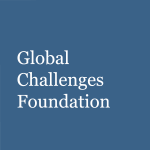
The Global Challenges Foundation’s New Shape Prize, which seeks ideas to tackle global threats through cooperation, received more than 2,700 submissions from 122 countries. But what are the aims of the award – and the inspiration behind it?
Climate change, politically motivated violence and extreme poverty are some of humankind’s most pressing challenges – but what are the best ways to deal with these 21st-century problems? And what sort of institutions can people around the world trust to tackle them effectively?
On 29 May 2018, the New Shape Prize awarded a total of $1.8m in prize money to three entries* who proposed new forms of global governance to address those challenges.
The organisation behind the prize, the Global Challenges Foundation (GCF), was set up in 2012 by Swedish financial analyst and author Laszlo Szombatfalvy to explore new ways to tackle the most serious threats facing humanity.
The vice-chair of the Global Challenges Foundation, Mats Andersson, says: “We don’t have the toolbox today to deal with global risks. The only tool we have is the United Nations. The UN was founded 70 years ago to deal with the challenges we had at that time. Now we need something better and more powerful.”
Another GCF board members is renowned environmental scientist Johan Rockström of the Stockholm Resilience Centre, he says: “We have entered a fully globalised stage of human development, at a special juncture where our social, political, economic and environmental pressures are right at the ceiling of what the social and biophysical world can cope with.” Rockström, who is also professor of environmental science at Stockholm University and an international researcher on global sustainability issues, adds: “Are we, as a humanity, able to destabilise the whole planet?”
In 2016, in an effort to catalyse new thinking around the collective management of global catastrophic risks, the foundation launched the New Shape Prize competition. It aims to reshape the future of global governance, by inspiring ideas around different forms of cooperation.
“Prizes have a historic track record in spurring on innovation,” says the foundation’s executive director Carin Ism. And the economic incentive is only a part of it. “[Prizes] have tended to create community around an issue, increasing the talent pool but also [connecting] individuals thinking about the same topic who had not known about each other.”
The Global Challenges Foundation wants to act as a convener for the best thinking, in order to uncover advances in contemporary global governance. “We want to see who is also thinking about decision-making and the way we make and enforce those decisions,” she continues.
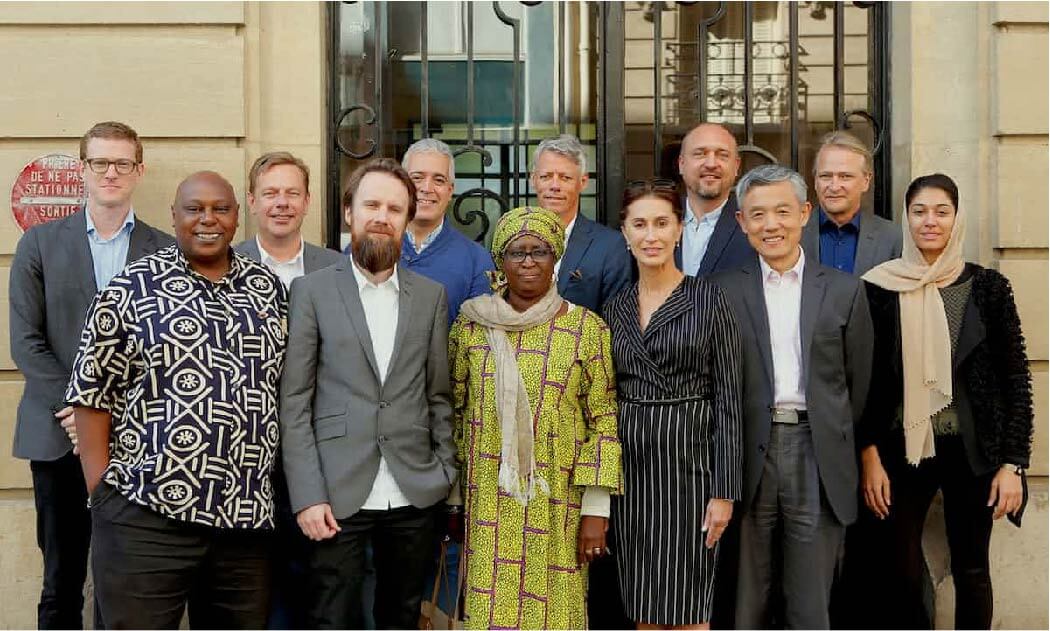
From 2016-17, GCF invited submissions proposing new forms of global cooperation. In total, the competition received more than 2,700 submissions from 122 countries. They were assessed by 10 regional review panels, each including experts from civil society, politics, academia and international organisations.
The overall criterion for the competition was to design governance models capable of tackling these global challenges, rather than trying to solve individual problems. The proposals should also be acceptable to the international community, with the potential to be implemented in the near future.
For Rockström, the implementation issue was particularly challenging. “We felt that it was necessary to avoid blue-sky type utopian ideas. You could think about many ideas that are intellectually appealing – for instance, let’s abolish nation states – but we had to be pragmatic and have something that can stand a chance of implementation in the real world.”
The 14 shortlisted entries represented cutting-edge thinking on global governance and were proposed by some visionary and innovative thinkers with backgrounds in social science, ethics and law.
Many of the entries built on work already done by the UN or other global institutions such as the World Bank. Some looked at ways to tackle the most important issues for local communities and involve them in the process. Others explored better means by which citizens can participate more fully in democracy; and others sought new ways to tackle poverty.
The projects often incorporated emerging technologies, such as blockchain and AI that could enable communities to have direct and secure access to decentralised forms of governance.
These projects were presented at the New Shape Forum, which took place in Stockholm, Sweden, from 27-29 May. Some of the world’s most significant thinkers in the sphere of global governance took part in this forum, with Michael Møller, director-general of the UN office in Geneva, giving a keynote speech.
The general public was invited on the first day to voice ideas on how global cooperation could be improved, and how threats to humanity could be tackled more effectively. That same day, finalists presented their proposals for feedback and input from the public. These proposals were presented to the final jury, consisting of representatives from all over the world, with the shortlisted candidates honoured in an awards ceremony.
The forum is, however, just the start of the process to find a New Shape for global governance. The Global Challenges Foundation will convene working groups to refine some of the New Shape ideas; and its Educator’s Challenge is asking teachers and lecturers – of all disciplines – to create knowledge about global governance and positive ways in which it can be reformed.
“We all want a safe tomorrow,” says Ism. “We cannot ensure this unless we tackle the root cause of our global challenges: the limits of current frameworks for global cooperation.”
On Tuesday 29 May 2018, the New Shape Prize awarded a total of $1.8m in prize money to three entries: Global governance and the emergence of global institutions for the 21st century, by Augusto Lopez-Claros, Arthur Lyon Dahl and Maja PCE Groff; A truly global partnership – helping the UN do itself out of a job, by Natalie Samarasinghe, and AI-supported global governance through bottom-up deliberation, by Soushiant Zanganehpour. The Global Challenges Foundation remains committed to supporting the reworking and refinement of the best ideas toward more holistic models that emerge from this process.
The regional panel of judges (pictured main) were: (L-R) Fredrik Karlsson, head of projects, GCF; Maina Kiai, chair eastern/southern Africa; Folke Tersman, board member, GCF; Emil Andersson, project coordinator, GCF; Darynell Rodríguez Torres, chairperson Latin America; Penda Mbow, chair western Africa; Jens Orback, chair western Europe; Azita Raji, chair North America; Ulad Vialichka, chair eastern Europe; Lan Xue, chair east Asia; Magnus Jiborn, consultant, GCF; Hajer Sharief, chair North Africa/Middle East.
Topics
Global Challenges Foundation advertisement features
Paid content

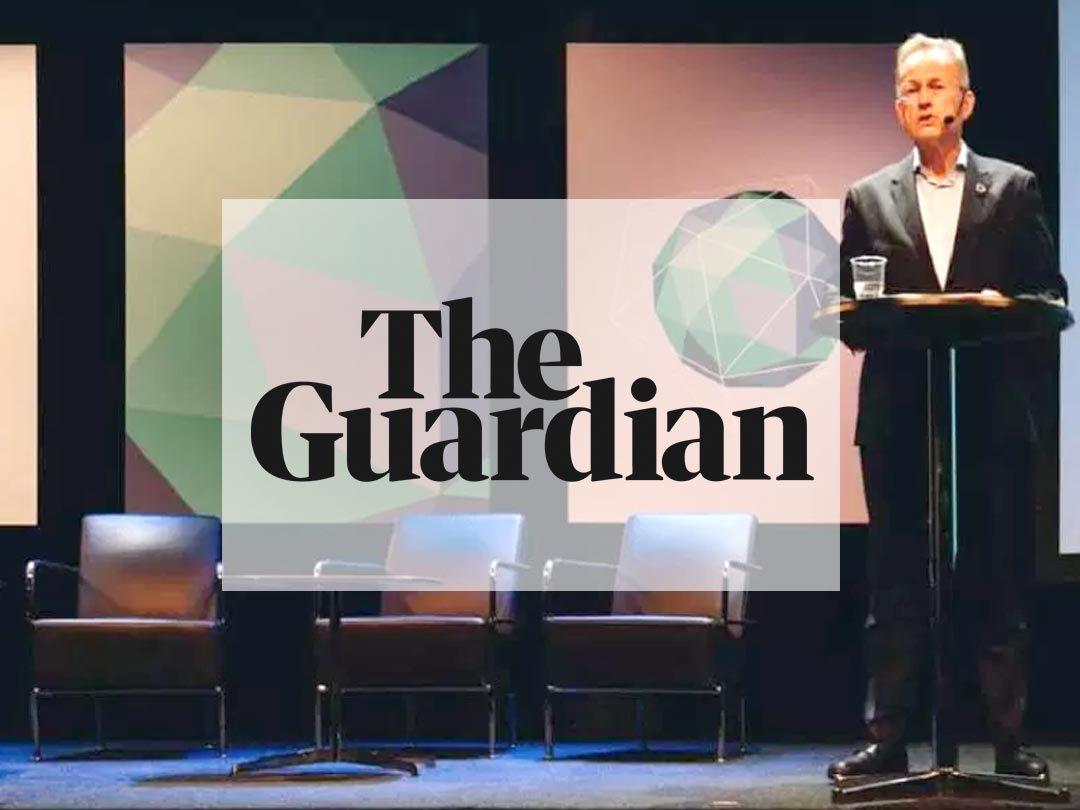
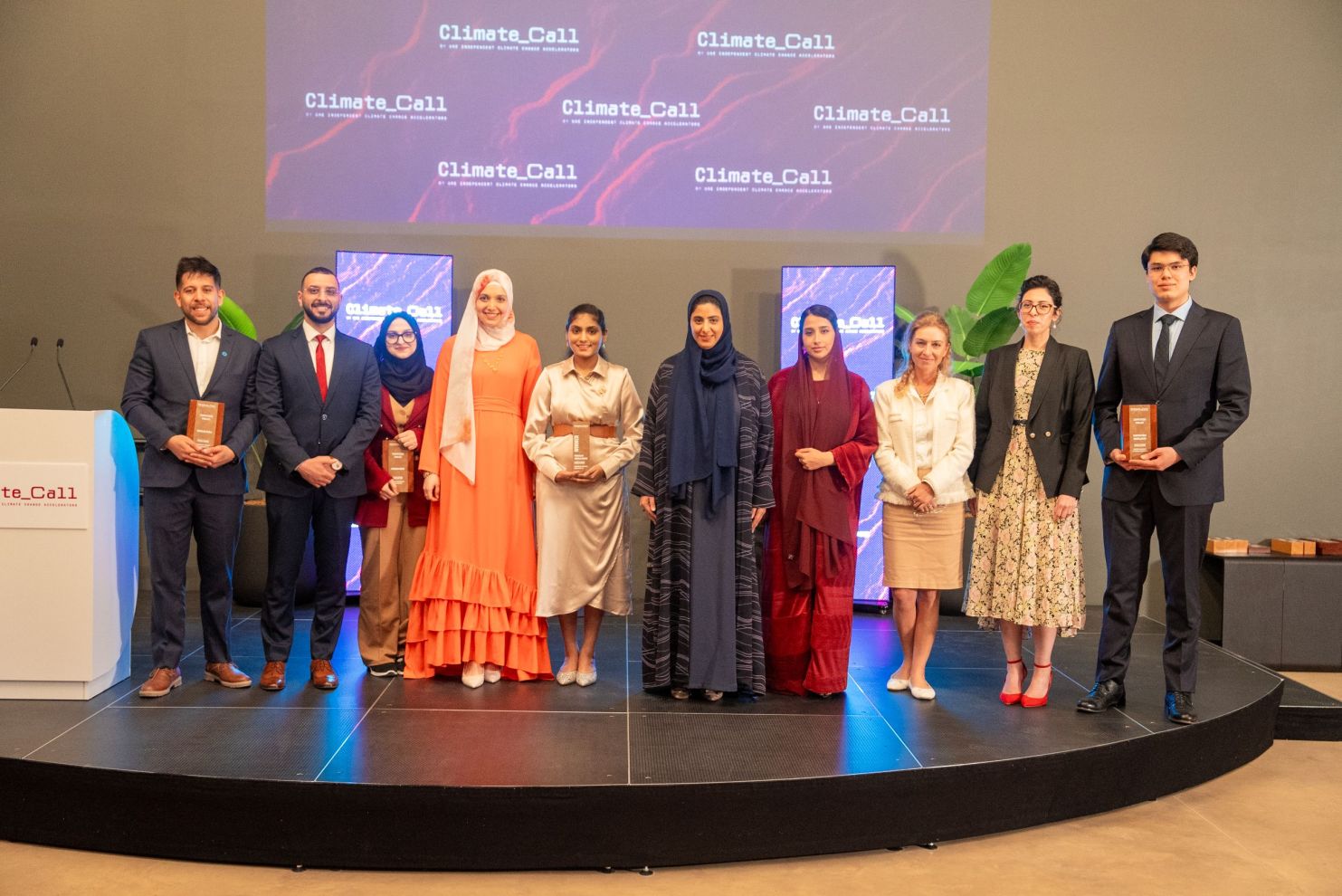
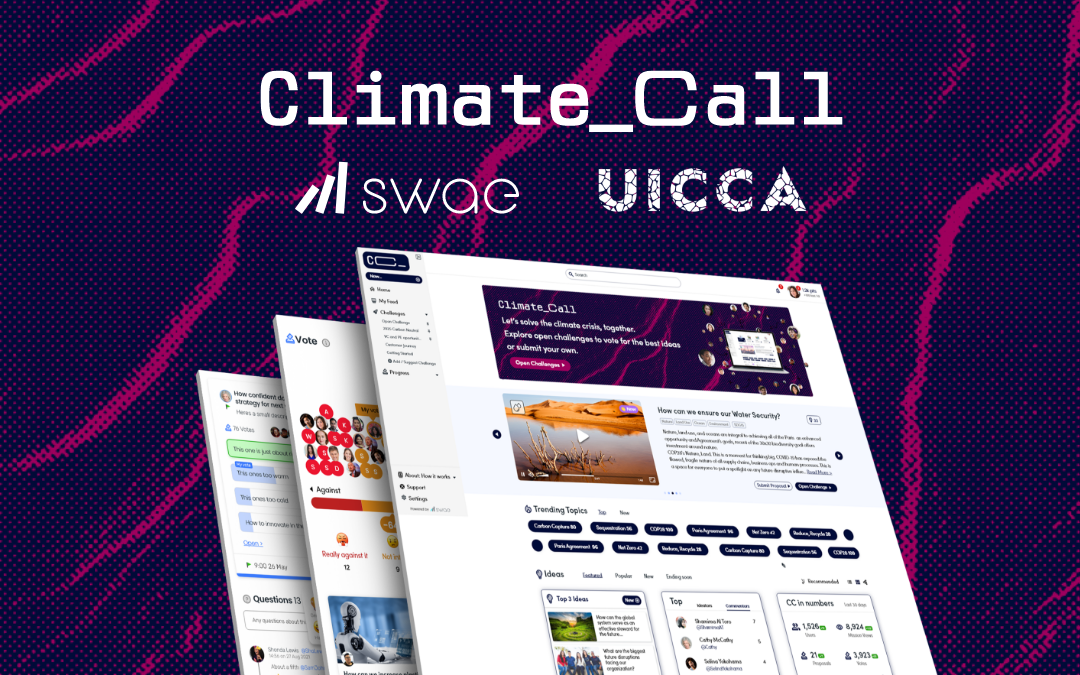

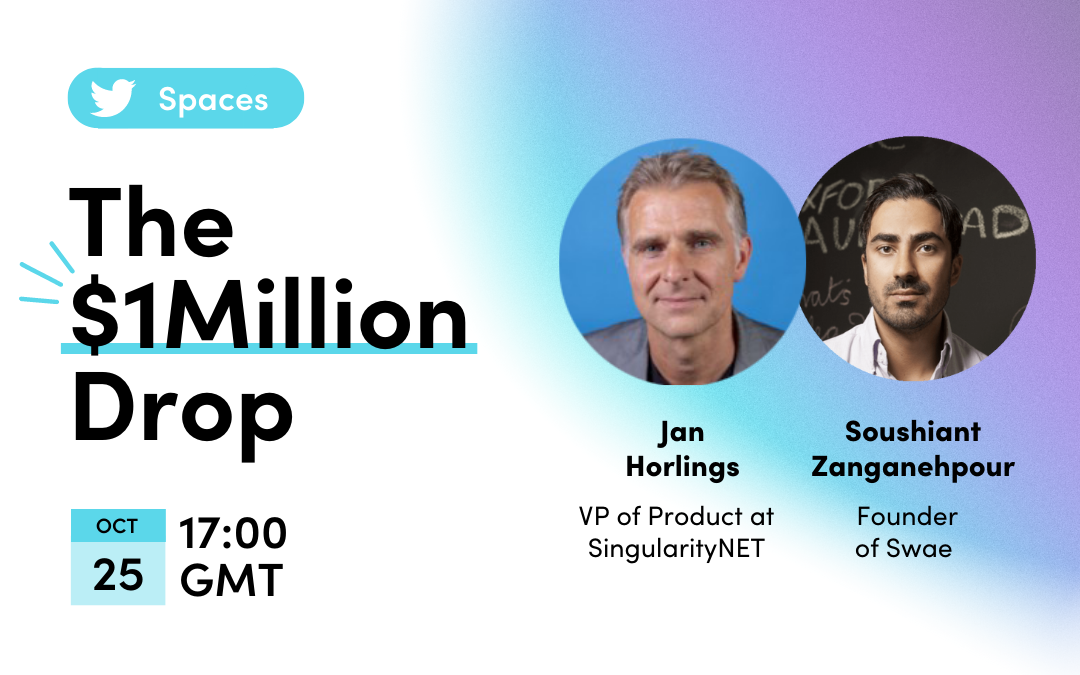


Can you be more specific about the content of your article? After reading it, I still have some doubts. Hope you can help me. https://accounts.binance.com/de-CH/register?ref=OMM3XK51
At the beginning, I was still puzzled. Since I read your article, I have been very impressed. It has provided a lot of innovative ideas for my thesis related to gate.io. Thank u. But I still have some doubts, can you help me? Thanks.
Your article gave me a lot of inspiration, I hope you can explain your point of view in more detail, because I have some doubts, thank you.
Your article gave me a lot of inspiration, I hope you can explain your point of view in more detail, because I have some doubts, thank you.
Your article helped me a lot, is there any more related content? Thanks! https://www.binance.info/ph/join?ref=PORL8W0Z
Thanks for sharing. I read many of your blog posts, cool, your blog is very good. https://www.binance.info/ph/join?ref=RQUR4BEO
Your article helped me a lot, is there any more related content? Thanks!
I don’t think the title of your article matches the content lol. Just kidding, mainly because I had some doubts after reading the article.